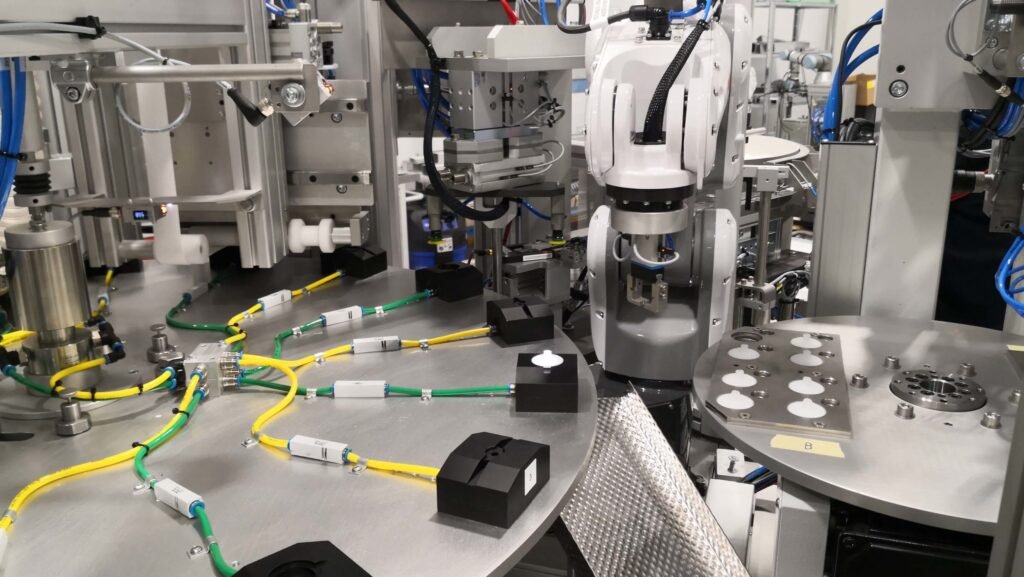Manufacturing on Demand for the Electronics Industry
Unparalleled Trust: Chosen by top auto industry players

CNC Machined Automotive Parts
CNC machined Automotive parts are produced using computerized numerical control (CNC) machines, which use programmed commands to automate the manufacturing process. The components that are machined are typically used in engine systems, transmission assemblies, chassis components, brakes and tires. These parts must meet stringent quality and safety standards to ensure the safety and reliability of vehicles.
The CNC machining process involves a variety of steps including cutting, drilling, tapping, milling, and more. With the advent of new technologies such as 3D printing and five-axis machining centers, it’s possible to create incredibly complex parts with higher precision than ever before.
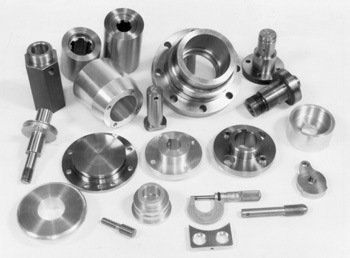

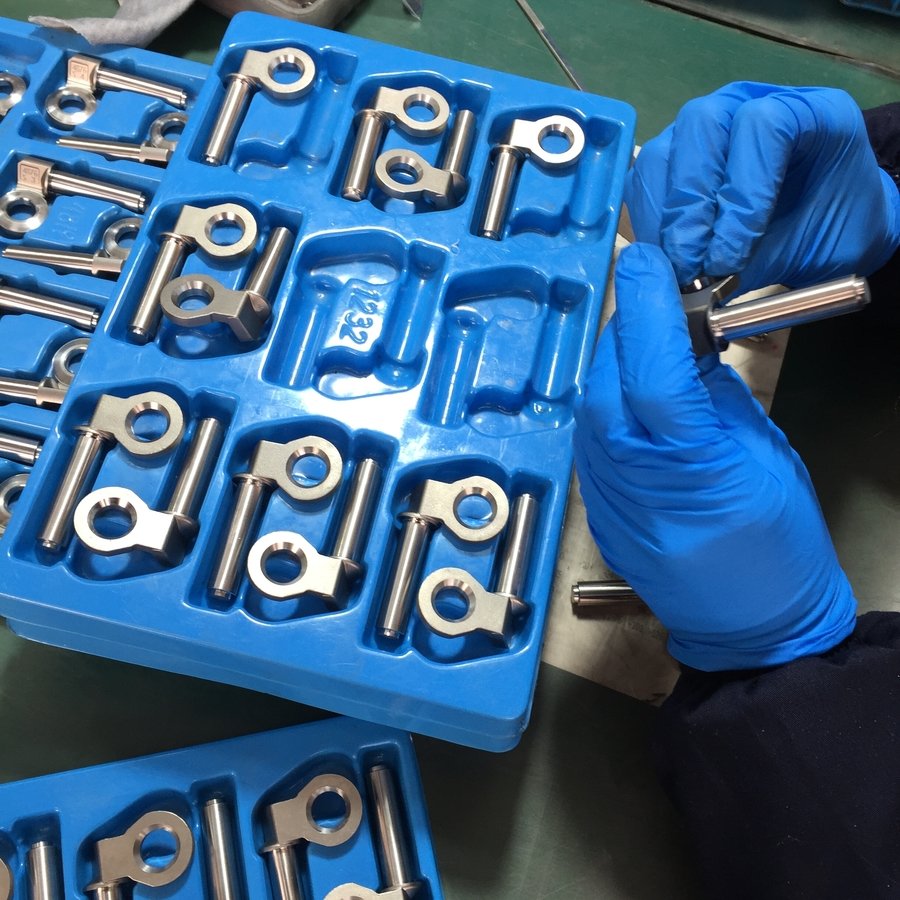
Material Selection for CNC Machined Auto Parts
From lightweight aluminum alloys for fuel efficiency to robust steel for structural integrity, we provide the optimal materials for your automotive components. Whether it’s high-strength alloys for engine parts or impact-resistant plastics for interior trim, our expertise ensures precision and performance.

Aluminum:
Aluminum: Known for its lightweight nature and corrosion resistance, aluminum is widely used in automotive components such as engine parts, brackets, and housings.
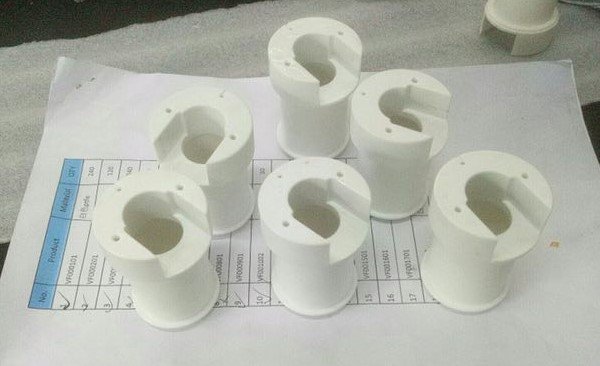
Plastics:
Various engineering plastics like ABS, PEEK, and nylon are utilized for their lightweight, chemical resistance, and dimensional stability in automotive interior and exterior parts.

Stainless Steel:
Stainless Steel: With its superior corrosion resistance and high strength, stainless steel is commonly used in exhaust systems, fuel tanks, and other components exposed to harsh conditions.
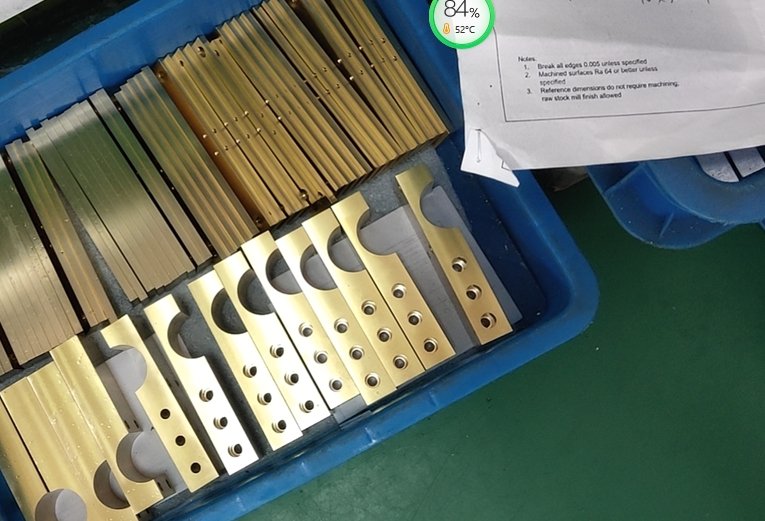
Brass:
Brass is valued for its excellent conductivity and corrosion resistance. It finds applications in electrical connectors, fittings, and interior components.

Steel:
Steel is favored for its strength and versatility. It can be machined into various automotive parts, including chassis components, transmission parts, and suspension components.
CNC Machining Applications in the Automotive Industry
CNC machining is used in the automotive industry to produce a wide variety of components, from engine and transmission assemblies to braking systems and chassis components. The use of CNC technology has allowed for increased precision and efficiency in production processes, resulting in better quality parts with tighter tolerances.
-Engine parts: CNC machining is used to produce myriad engine components such as intake and exhaust manifolds, fuel injectors, pistons, cylinders, camshafts and more.
-Transmission assemblies: CNC machining can be used to create intricate parts for manual or automatic transmissions, including gears and shafts.
-Braking systems: CNC machined components are used to produce items such as brake calipers, pads and rotors.
-Chassis components: CNC machining is used in the production of a variety of chassis components from suspension assemblies to wheel hubs.
Benefits of CNC Machined Auto Parts

Highly Efficient
This process allows for faster production times and reduced waste. Additionally, CNC machines can be programmed to run unattended, making them ideal for high-volume production runs. This allows manufacturers to reduce labor costs while maintaining quality control standards.

More Reliable
With CNC machining, the process is precise and repeatable and can be programmed to produce parts with exacting specifications. This helps ensure that each part is made to the highest standards, ensuring enhanced safety and performance in vehicles.

Variety of material choices
various materials and surface finishes available for auto parts manufacturing.

More cost-effective
CNC machining can reduce costs, since it eliminates the need for tooling and secondary operations.
Automotive Manufacturing Capabilities
Custom CNC Machining Services
Our state-of-the-art facilities and skilled technicians deliver high-quality, complex parts for automotive applications. With a wide range of materials and advanced machining techniques, we provide precise, reliable, and cost-effective solutions. From prototyping to production, trust us to bring your automotive designs to life with unmatched accuracy and efficiency.
Custom Plastic Injection Molding Services
We offer precision molding solutions for automotive applications, delivering high-quality, durable parts. Our advanced molding techniques ensure tight tolerances and excellent surface finishes. From concept to production, we provide customized solutions to meet your specific automotive needs. Trust us for reliable, cost-effective plastic injection molding services.
3D Printing Service
From rapid prototyping to end-use parts, we bring your ideas to life with speed and precision. Our advanced technology and wide range of materials allow for complex geometries and customization. Whether you’re in automotive, aerospace, or any industry, leverage the power of 3D printing for faster production and unparalleled design freedom.
Our Happy Clients!
Automotive Parts Post-Processing Capabilities
- Anodizing
- Passivization
- Electroplating
- Powder Coating
- Insert Installation
- Heat Treatment
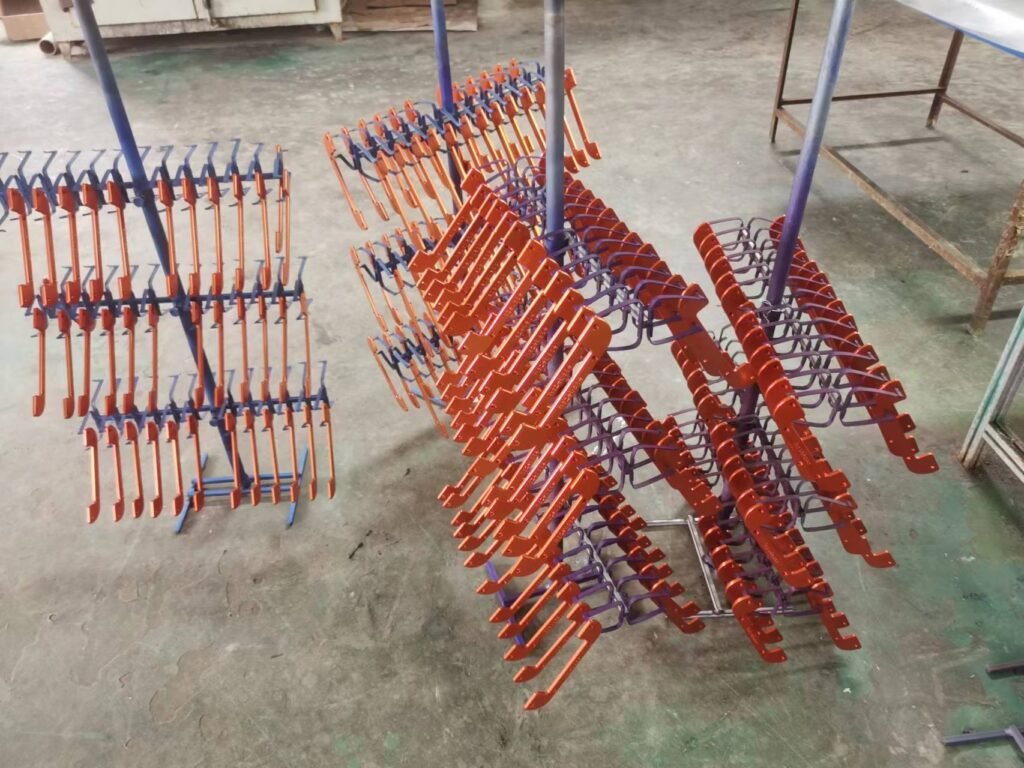
Shanghai Elue CNC Machining Auto Parts Service
Shanghai Elue offers high precision CNC Machining Electronic Parts with fast turnaround times and competitive prices. With more than 16 years of experience in CNC machining, we have the expertise and technology to produce precision parts that meet your exact requirements. Also, our expert team can help you from design to delivery, ensuring that you get the best electronic parts possible.
Precision Engineering: Shanghai Elue delivers CNC machined auto parts with exceptional precision, ensuring optimal fit and functionality.
Customization Excellence: We provide tailored solutions, accommodating unique design specifications to deliver highly customized auto parts.
Quick Turnaround: Shanghai Elue’s efficient manufacturing processes ensure fast production and timely delivery of auto parts.
Quality Assurance: Our rigorous quality control measures guarantee that each CNC machined auto part meets strict industry standards for performance and durability.
Other Industries We Serve
FAQs About CNC Machining Automotive Parts
Using CNC machining for automotive parts production offers increased accuracy, improved consistency and quality control, cost savings, and flexibility. The machines can be programmed to produce exacting specifications and components quickly and efficiently, reducing labor costs while maintaining quality standards. Additionally, they offer the capability to create custom components without having to invest in extra tooling or labor.
CNC machines can handle a variety of materials including aluminum alloys, steel alloys, plastics, and more. It is important to select the right machine and program it correctly to ensure that the material is machined properly.
Consider the types of materials you plan to use, the number and complexity of parts you need to produce, the size of the parts you plan to manufacture, features and technological capabilities of different machines, and your budget. Making sure that you select a machine with the right features and capabilities for your needs will help ensure successful production.
The time it takes for a CNC machine to produce an automotive part depends on its size, design complexity, and the material used. Smaller parts may take minutes to produce, while more complex parts could take hours or even days. Additionally, setup time must also be taken into account when estimating production time.
CNC machining is used to produce a wide range of automotive components, including engine blocks and cylinder heads, wheels, steering systems, chassis parts, brake rotors and calipers, transmission components, and more. CNC machining can also be used to produce custom parts for specialty applications.
CNC lathes and mills are the most common machines used to produce automotive parts, but other types of equipment may also be used. These include robotic arms, plasma cutters, waterjet cutters, EDM machines, and more. The type of machine needed depends on the application and desired outcome.
Yes, we can. at Shanghai Elue, we have the right types of machining equipment to make various types of automotive parts. Actually, CNC machining is commonly used for automotive parts production.
The cost of producing an automotive part can vary greatly depending on the size, complexity, and material used. Additionally, setup time must also be taken into consideration when estimating costs. In general, CNC machining is a cost-effective way to produce automotive parts since it eliminates the need for expensive tooling and labor costs associated with traditional manufacturing methods. However, it is important to consider all costs when selecting a machine and program for automotive parts production.
Tips for Choosing Right Type CNC machines for Your Automotive Parts
Choosing the right CNC machine for your automotive parts production needs can be a daunting task. Here are some tips to consider when making your decision:
– Consider the types of materials you plan to use in manufacturing. Different machines can handle different types and sizes of material, so it’s important to select the one that best fits your needs.
– Determine the number and complexity of parts you need to produce. Some machines can handle high-volume production runs, while others are better suited for low-volume production or producing complex components.
– Consider the size of the parts you plan to manufacture. You will want a machine that is large enough to accommodate the parts you need to produce.
– Research the features and technological capabilities of different machines. Many CNC machines now come with advanced features such as automatic tool changers, spindle speed control, and more.
– Consider your budget. Select a machine that fits within your price range but also has the features and capabilities you need.
By taking the time to do your research, you can ensure that you select a CNC machine that best fits your automotive parts production needs. This will help ensure that your parts are produced efficiently and with the highest quality standards.



